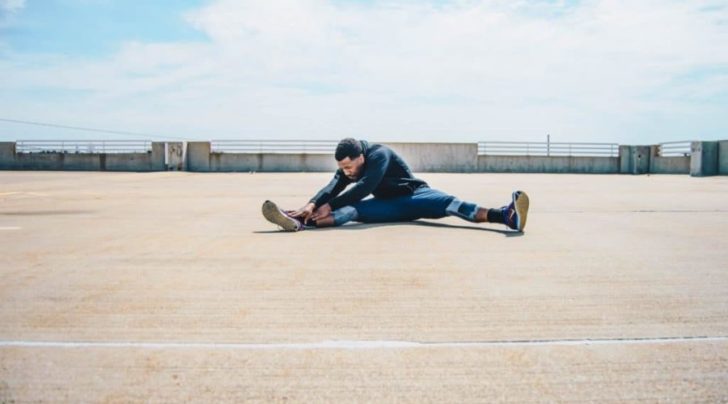
Knee compression sleeve benefits include the ability to exercise with less pain. Knee sleeves are one of the supports I recommend for an active lifestyle, so you can get out of the cycle of pain, lose weight, and further reduce the load on your joints.
Knees are especially susceptible to pain, injury, and arthritis – specifically osteoarthritis, rheumatoid arthritis, and post-traumatic arthritis. Today, osteoarthritis is not just a disease affecting older adults. The percentage of young people with symptoms is growing, including those who lead sedentary lifestyles or participate in high impact sports. Obesity, wear and tear of the ligaments, loss of cartilage, and injuries – all contribute to the onset of arthritis.
How joints benefit from exercise
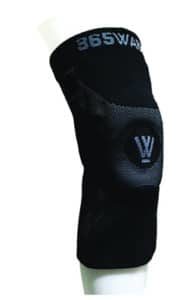
However, when you have joint pain and stiffness, the last thing you are inclined to do is exercise. But restricting your activity level to avoid knee pain only makes matters worse. You start to gain weight, put even more pressure on your joints and experience more pain. It becomes a vicious cycle.
Wearing a knee compression sleeve can help you break the cycle and get back to enjoying your favorite exercise with less soreness.
How do knee compression sleeves work?
Knee compression sleeves are designed to protect the knee from future injury or risk of damage. For severe instability or injuries, knee sleeves are not enough, and you may need to talk to your doctor about a knee brace. Knee compression sleeves, however, can help:
- Provide compression (not too tight) – improving blood flow and reducing pain,
- Prevent the loss of body heat – aiding in the recovery process,
- Improve sense of stability
- Improve proprioception – the capacity to feel the position of a joint, and
- Increase your range of motion.
With better blood flow, your synovial membrane is open to a steady supply of nourishing oxygen and nutrients and synovial fluid can lubricate the joint.
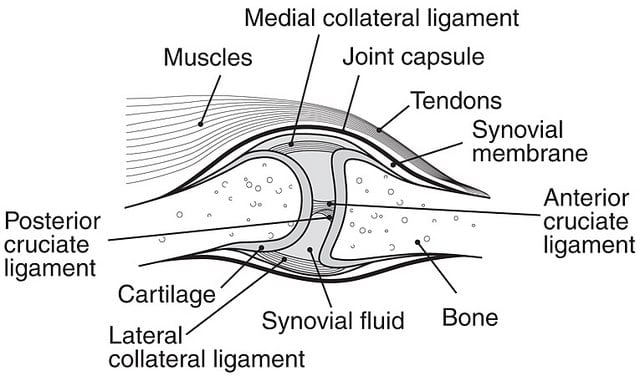
Knee compression sleeves aid in exercise, so you start strengthening the muscles, ligaments, and tendons in your knee. With regular exercise, you can begin to lose weight, and decrease the weight-bearing pressure on your knees and weakened joints.
The role of weight loss in joint pain
Over half of the people with knee osteoarthritis are overweight or obese. Although there are no studies that show weight loss can slow the progression of osteoarthritis, researchers say each pound of weight loss can reduce the knee-joint load by four pounds.
Being only 10 pounds overweight can increase the force on the knee by 30 to 60 pounds with each step!
Using a knee compression sleeve can stop the cycle of debilitating joint pain and inactivity, and move you into a healthy cycle of improved fitness and mobility. Knee compression sleeves are beneficial for weightlifting, cycling, walking and running, among oth
An active lifestyle will not only improve your body, but also your mind, especially if you work out in nature. For the best results, find an activity you enjoy, select a quality knee compression sleeve, and talk with your doctor about an exercise program. You may also benefit from physical therapy, anti-inflammatory medications, and supplements.
How to wear a knee sleeve properly for exercise and support
Choose a comfortable knee sleeve that is the correct size. Do not choose a knee sleeve that is too tight. In rare cases, overly tight knee sleeves can constrict blood vessels or nerves. Consult with your doctor, especially if you have diabetes.
Keep your knee sleeves in great shape with hand washing and avoid stretching them too much.
Follow the manufacturer’s instructions for putting on your specific knee sleeve. Each has its own recommended technique, and the widest part of the sleeve should be at the top above your knee.
Wear your knee sleeve during and after activity. Researchers found a statistically significant decrease in soreness and a small increase in performance the next day in those who wore a knee sleeve for 24 hours after exercise.
Wear your knee sleeves for stretching. Staying flexible helps you move better.
Remember that while knee sleeves can help, they are no replacement for proper training and technique.
If you experience any pain or discomfort, stop using the knee sleeve.


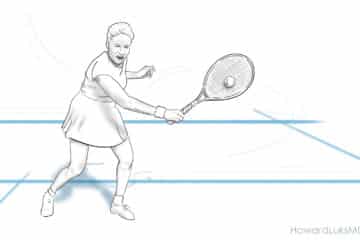
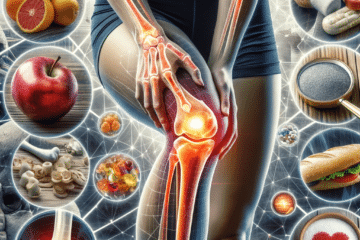
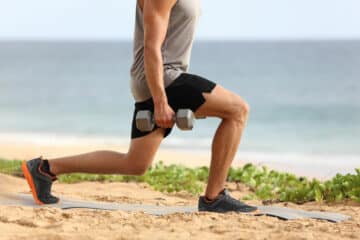









Thank you…